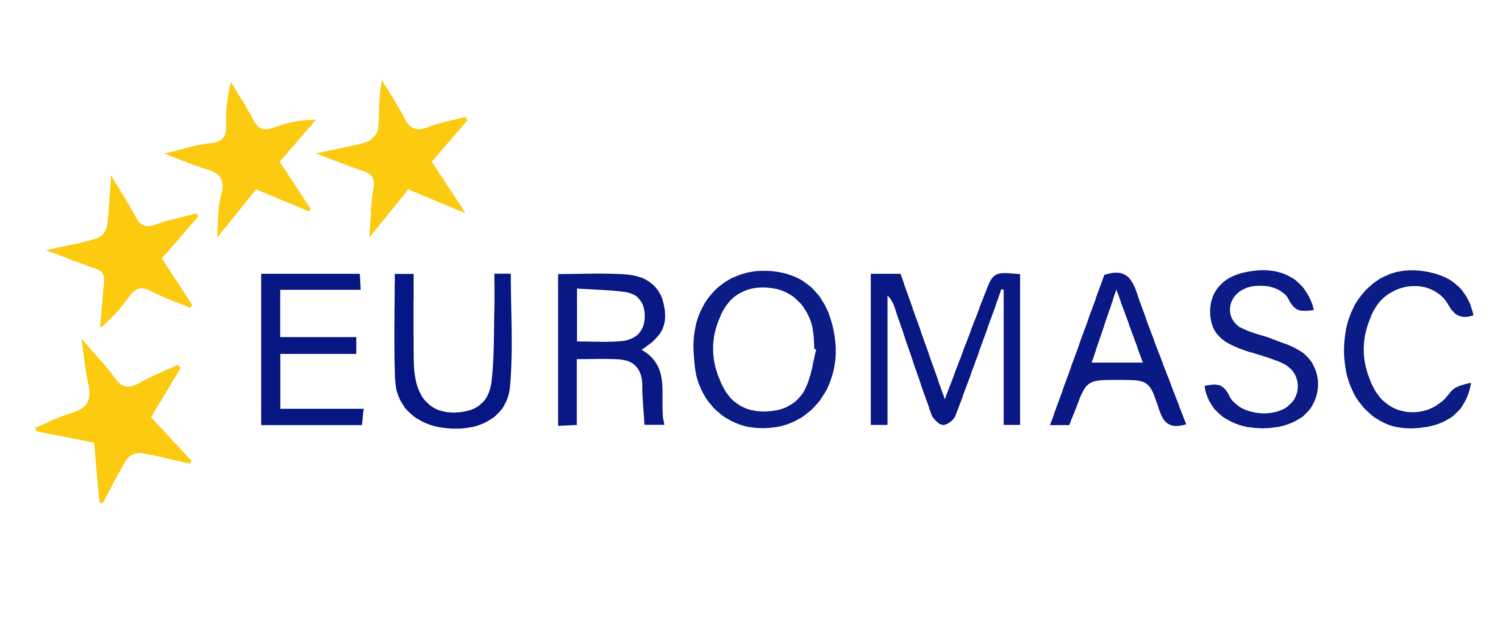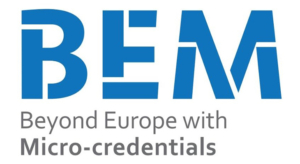BEYOND EUROPE WITH MICRO-CREDENTIALS (BEM)
At the end of 2021, the European Commission published a call for proposals in the field of “Capacity Building” within the scope of the Erasmus Plus programme. The new feature of this call for proposals was that funding will be provided for international cooperation projects between organisations active within the area of vocational education and training both in the EU member states and in third countries which are not currently in the EU and/or which are not associated with the programme. The aims of the programme are to initiate relevance, accessibility and reactivity of VET institutions and systems in non-EU member states and to support education and training partnerships. BEM is one of 58 projects earmarked for funding in the 2022 calls.
The main focus of the BEM (Beyond Europe with Micro-credentials) project is on the transfer of experiences from the ECVET to the development of micro-credentials. The objective is for these to be reflected in non-EU member states and to be adapted to the respective situation on the ground. The project launched on 1 January 2023 and will run for a term of three years.
Micro-credentials are used to develop skills of relevance to the labour market. Their contents are derived from the needs of selected sectors in the countries and are drawn up in consultation with regional companies. Micro-credentials are also aimed at groups of persons who have previously been only marginally covered by education systems (e.g. learners in structurally weak regions, single parents, unskilled workers, persons with support needs, refugees). BEM micro-credentials can be deployed in initial and continuing VET, as additional qualifications or as evidence of learning acquired by informal means. The plan is for 10 to 12 micro-credentials to be developed per country. Once created, micro-credentials will be mapped in a multilingual “Skills Bank” managed in Norway. This will also give them European added value and enable transfer to other countries or other sectors.



